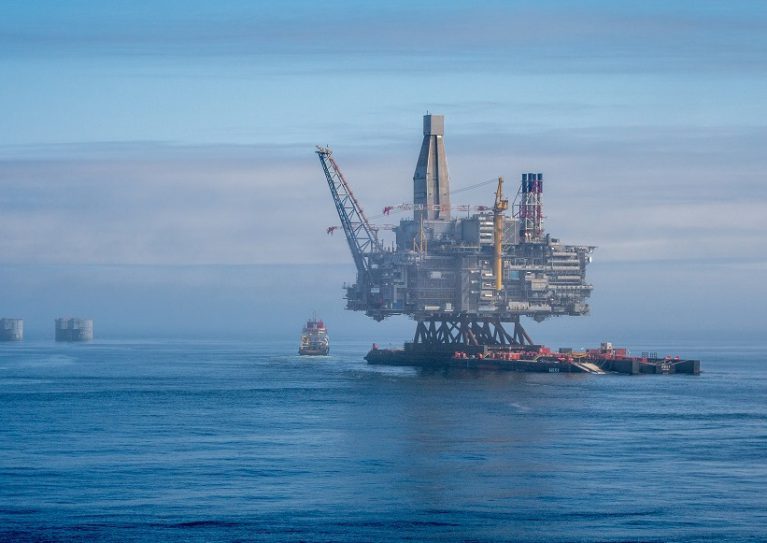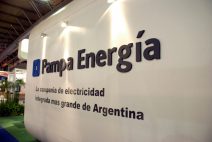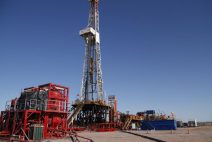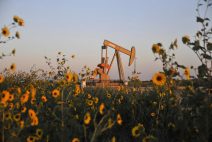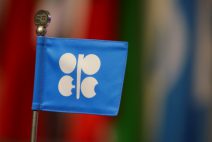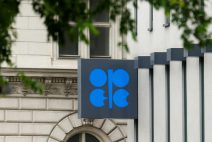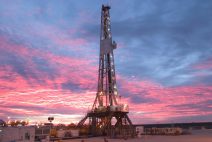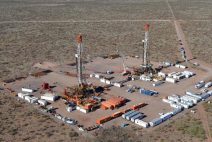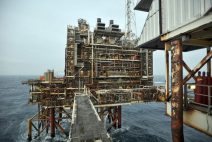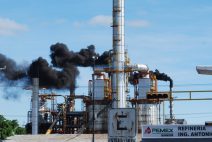Exxon Mobil Corp sees its investments in Brazil’s offshore helping the company achieve a goal of lowering carbon emissions in its oil and gas production, country head Juan Lessmann said.
Exxon’s board is considering a pledge to cut carbon emissions to net zero by 2050 amid pressure from big investors to address climate change concerns. Previously, it vowed to reduce the intensity of its emissions from oil and gas production by 15% to 20% by 2025.
“That’s the focus right now: reduction of emissions,” Lessmann said at an event organized by Brazil-Texas Chamber of Commerce. “Brazil brings a great opportunity for that.”
In the last four years Exxon has emerged as the second largest offshore acreage owner in Brazil after state-controlled producer Petroleo Brasileiro SA. The U.S. major acquired more than 20 blocks and lists the South American country as one of its top areas for expansion.
Lessmann said crude oil from the offshore fields known as the pre-salt generates fewer emissions per barrel due to its higher quality and the production technology employed. Brazil is organizing two oil rounds this year, the first in October under a concession model. In December, the country will offer two blocks under a transfer-of-rights rules, in which producers share a part of the output with the government.
Lessmann did not comment on Exxon’s potential participation in the two rounds.
The blocks on offer – Sepia and Atapu – were first made available in 2019 in an oil auction that failed after companies, including Exxon, made no bids.
Brazil’s oil regulator, known as the ANP, has since reduced the bidding prices and improved conditions.
The four blocks in its transfer-of-rights area – Sepia, Atapu, Itapu and Buzios – could reach total production of 1.6 million barrels of oil and gas per day in 2030, Brazil’s oil regulator head Rodolfo Saboia said at the same event.
